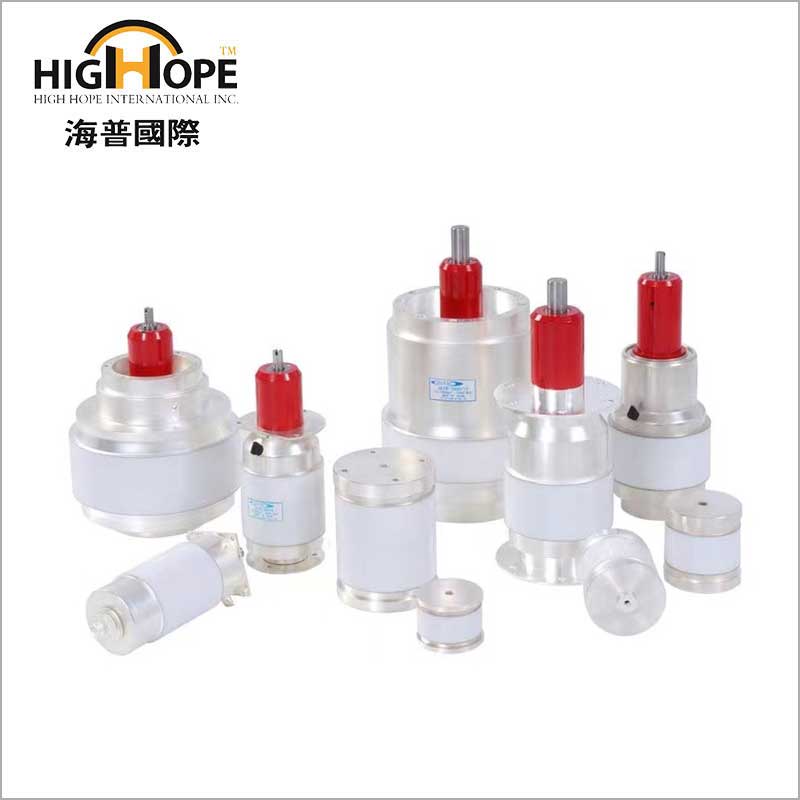Understanding the Role of Fixed Vacuum Capacitors in Modern Electronics
2025-04-08
In the world of high-frequency and high-voltage applications, precision and reliability are essential. One component that plays a critical role in ensuring these qualities is the fixed vacuum capacitor. Though not as widely known as standard ceramic or electrolytic capacitors, vacuum capacitors are indispensable in various advanced technologies, including radio frequency systems, broadcasting equipment, and semiconductor manufacturing.
What Is a Fixed Vacuum Capacitor?
A fixed vacuum capacitor is a type of capacitor that uses a vacuum as the dielectric medium between its conductive plates. Unlike variable capacitors, which allow adjustment of capacitance, fixed vacuum capacitors have a set capacitance value and are designed to deliver consistent performance in stable systems. The vacuum inside the capacitor provides excellent insulation and allows it to operate efficiently at high voltages and frequencies.
Why Vacuum?
Using a vacuum as the dielectric has several advantages. First, a vacuum has a very high breakdown voltage compared to air or solid dielectrics, which means the capacitor can handle higher voltages without risk of arcing or failure. Second, it reduces dielectric losses, making these capacitors highly efficient even in radio frequency and microwave circuits. This results in lower energy loss and better overall system performance.
Applications Across Industries
Fixed vacuum capacitors are commonly found in industries that require reliable power handling and signal accuracy at high frequencies. One major area is RF (radio frequency) power systems, such as transmitters and plasma generators. They are also used in MRI machines, industrial heating equipment, and semiconductor fabrication tools where precise energy control is essential.
In broadcasting, fixed vacuum capacitors help ensure clear signal transmission by maintaining stability and reducing noise. In medical and scientific devices, they support systems that demand high reliability and consistent output over time.
Durability and Long-Term Performance
Another key benefit of fixed vacuum capacitors is their durability. Because they have no solid dielectric material that can degrade over time, they tend to have a longer service life than many traditional capacitor types. They are also highly resistant to environmental factors like temperature fluctuations and humidity, which adds to their reliability in harsh or demanding conditions.
Choosing the Right Capacitor
Selecting the right fixed vacuum capacitor depends on several factors, including the required voltage rating, frequency range, and capacitance value. Engineers and system designers must also consider factors such as size constraints, cooling requirements, and compatibility with other system components. High-quality capacitors are precision-engineered to meet exacting standards and are tested rigorously to ensure performance under stress.
Conclusion
The fixed vacuum capacitor may not be the most visible component in an electronic system, but its importance cannot be overstated. From industrial power systems to medical technology and advanced manufacturing, it supports efficient, stable, and high-performance operations. As technology continues to advance, the role of vacuum capacitors is only expected to grow, making them a key element in the future of electronics.



